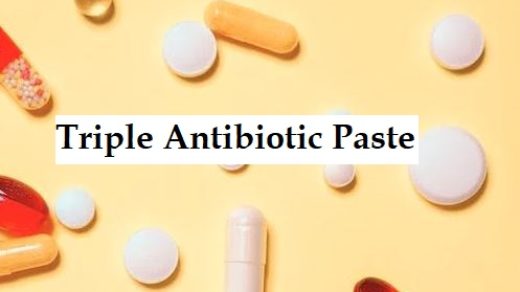During our college years, we didn’t exactly overthink the type of wine we were drinking when we’d gather around a cheese board in our tiny dorm rooms, sipping boxed wine from solo cups with our pinkies held high. (FWIW, that scene is still my ideal Saturday night—dorm floor seating not included.) However, as we’ve grown older, landed *real* jobs, and our palates have evolved to appreciate more than just Two Buck Chuck, learning more about the bottle we bring to an intimate get-together has become both a right of passage and—dare we say—kind of fun.
What vintage is that? Should you decant that bottle of Pinot Noir? “I sense notes of cherry, chocolate, and freshly cut grass.” These are all things you might hear during a typical conversation about the beverage that many of the longest-living people in the world can’t live without. After all, information is power, and wine is so complex, nuanced, and (at times) intimidating that it’s only natural to be curious about what experts have to say on the subject.
Case in point? The recent rise in popularity of natural wine, a buzzy category of vino that has likely caught your attention in the last couple of years. If you’re curious about what natural wine is, you’re certainly not alone—after all, isn’t all wine technically natural? In the latest episode of The Well + Good Podcast, three wine aficionados shared their take on this type of wine, including how it’s different from other categories (including organic and biodynamic wine) and whether or not natural wine is any better for you or for the environment.
Listen to the full podcast episode here:
What is natural wine, according to three wine experts
When looking to explain what natural wine is, it’s clear that the definition is not exactly black and white or one-size-fits-all. During the podcast, Ella Dove, the host and Creative Director at Well+Good, asked her guest experts the same question: What is natural wine? And, of course, they all had quite different answers.
“Natural wine is a kind of philosophy that wine should be consumed in its purest form,” Michele Chen, a lawyer and CMS certified sommelier starts. “So the whole thing is nothing added, nothing taken away. It ties into organic wine in the fact that natural wines start with organic grapes. You want to make sure there are no additives.”
Meanwhile, Todd White, the founder of Dry Farm Wines, a health-focused natural wine company, breaks it down into three parts. “[First,] natural wine is always organically or biodynamically grown,” he says. “Number two, natural wines are always fermented with wild native yeast, and number three, they are additive-free.”
And last but not least, Megan Krigbaum, a wine and drinks writer, editor, and journalist, reassures us that we’re not the only ones slightly puzzled by figuring out this buzzy category of wine. “This is a loaded question because plenty of publications, winemakers, and wine thinkers have tried to harness the answer to this question—but there are lots of different thoughts, and there is not an actual definition that anyone has to ascribe to,” she says.

So, what has made natural wine so popular in recent years?
Throughout the episode, the three wine experts all go on to share their personal anecdotes about consuming natural wine and the benefits they’ve experienced by leaping into this new (and somewhat unchartered territory) when it comes to the wine industry as a whole. From learning firsthand about biodynamics and searching for environmentally-friendly pesticides at a small vineyard in Italy to reintroducing the practices of winemaking from Ancient Rome, these special guests share how natural wine is redefining the beverage category. They touch on both natural wine’s purported health claims and environmental claims, and take a look at what the science has (and hasn’t) shown in both regards.
To help us better understand the potential benefits of natural wine and what differentiates it from other categories, Chen, White, and Krigbaum delve into questions you have likely pondered when looking over a wine label or menu. For instance, what’s the big deal about sulfites? Can natural wines—that generally have lower alcohol percentages—help reduce next-day hangovers? And how is dry farming even possible?
Ready to learn more about whether or not natural wine is worth the hype—and if it’s something you’ll want to start dappling in (and drinking) ASAP? Sit back, relax, and give the episode a listen. And as an added benefit, you’ll leave wildly well-equipped with wine knowledge ready to be shared with your friends as you embrace your coastal grandmother persona all summer. We’ll definitely drink to that.
To learn more about the natural wine movement, listen to the full podcast episode here.
Ready to join the (podcast) conversation? At Well+Good, we spend our days talking to and learning from the most interesting people. Sign up to make sure you don’t miss out on an episode!


